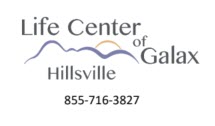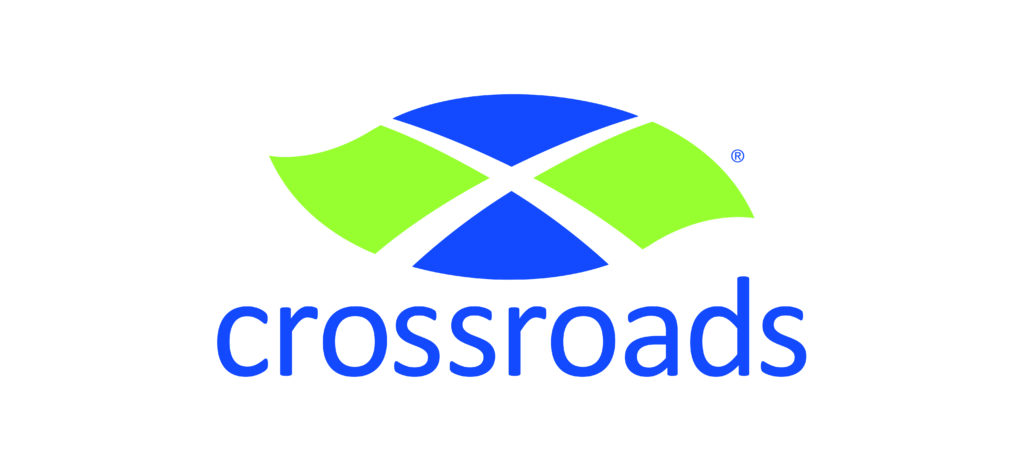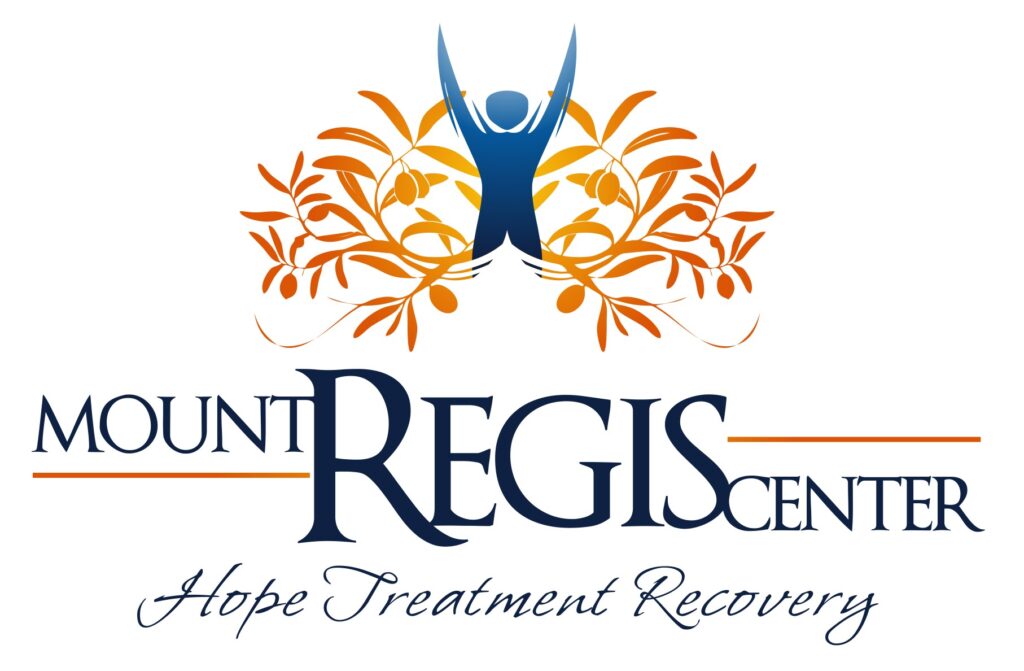Sunday | Monday | Tuesday | Wednesday
2025 Monday Schedule
8:30 to 12:00 PM
KEYNOTE –
Supporting Clients With Co-Occurring Mental Health & Substance Use Disorders Fredrick Dombrowski, Ph.D. Fred Dombrowski
Level: Intermediate
Limited: Open
Other: 0.5 Ethics included
Contact Hours: 3.0 Contact Hours
Brief Description: Substance use professionals are often tasked with helping individuals with various co-occurring mental health diagnoses to take steps to recovery. The professionals may often feel a lack of support and a lack of clarity in their role of working with a client with various diagnoses. Additionally, client mental health symptoms can negatively impact their steps to recovery from substance use and many mental health clinics may require clients to have several weeks or time in which they haven’t used substances before they are considered appropriate for treatment. This places the substance use professional in a difficult situation as they must make adjustments to assist clients with various mental health diagnoses, traumas, and personality disorders. This presentation will identify the interactions between substance use and various mental health diagnoses; will assist substance use clinicians with identifying ways of navigating various mental health symptoms while operating ethically within their scope of practice; and will also identify ways substance use clinicians can make adjustments to their treatment provision to accommodate those living with co-occurring disorders.
Educational Objectives:
- Identify how common substances can mimic and interact with common mental health diagnoses.
- Identify ways to navigate mental health needs of a client while still operating ethically within their scope of practice.
- Identify ways to adjust treatment provision to enhance treatment outcomes for those living with co-occurring disorders.
Themes Addressed
- Cultural Competency
- Basics (Core Competencies including Ethics)
- Skills Training (i.e. Enhancing Skills of Clinicians)
12:00 to 1:00 PM
Lunchbox
Wired for Recovery: Embracing Neurodivergence in Addiction Recovery and
Self-Care
Sharde’ O’Rourke, LMFT, LSATP, LPC, SAP, CCTP, PAI
Level: Intermediate
Limited: Open
Other: 0.5 Ethics included
Contact Hours: 1.0 Contact Hours
Brief Description: This session delves into the intersection of neurodivergence and addiction, exploring how neurological differences such as ADHD, autism spectrum disorder, and other neurodivergent conditions influence substance use and recovery processes. Participants will gain insights into the unique challenges and strengths of neurodivergent individuals within the context of addiction. The presentation offers practical, neurodiversity-affirming self-care strategies for both clinicians and clients, promoting resilience and well-being. Attendees will learn how to implement inclusive, evidence-based practices that support neurodivergent individuals across the continuum of care, fostering more effective and compassionate recovery pathways.
Educational Objectives:
- Understand the Role of Neurodivergence in Addiction
- Learn evidence-based strategies tailored to support neurodivergent individuals in addiction recovery.
- Adapt interventions to meet the unique needs of neurodivergent clients.
- Develop Self-Care Strategies for Clinicians and Clients
- Address Ethical and Cultural Competence Considerations
Themes Addressed:
- Neurodiversity-Affirming Therapy: Tailoring interventions to respect and utilize the strengths of neurodivergent individuals.
- Trauma-Informed Care: Recognizing the heightened risk of trauma in neurodivergent populations and its role in substance use.
- Sensory Integration Techniques: Incorporating strategies to manage sensory processing differences common in neurodivergent individuals.
- Executive Function Support: Implementing tools to aid planning, organization, and impulse control.
How Opioid Settlement Funding in Virginia is Opening New Pathways to Progress and Recovery
Anthony McDowell, Executive Director, OAA
Level: Intermediate
Limited: Open
Other: 0.5 Ethics included
Contact Hours: 1.0 Contact Hours
Brief Description: This session will include an overview and update of Virginia’s participation in the various opioid-related settlements, which are expected to result in more than $1.1 billion to the Commonwealth over the life of the settlements. The presenter will include examples of grants that have been awarded and the results of those efforts.
Educational Objectives:
- Understand the allowable uses of opioid settlement funds in Virginia.
- Learn how the structure of the settlements is reforming the role of local governments in providing behavioral health services.
- Hear examples of how these funds are being used to expand treatment and recovery capacity across the commonwealth.
Themes Addressed:
- Healthcare
1:15 to 4:45
Your Existential Dragon & Exploring Inner Dungeon
Dr. Abie Tremblay, Ph.D., LPC, CAADC, NCC, CCMHC & Dr. Mary Darden-Robinson, PsyD., LPC, LSATP, MAC, CSAC, CCTP, HS-BCP
Level: Intermediate/Advanced
Limited: 30-35
Other: 0.5 Ethics included
Contact Hours: 3.0
Brief Description: This workshop offers Tabletop Role Play Game (TTRPG) as an option to engage persons with substance use concerns in the exploration of habits and thought processes when facing conflict. Because TTRPG is, fundamentally, a combination of play and social identity, the TTRPG encourages group members to communicate, resolve conflict, and take others’ perspectives. Current research states outcomes are a sense of connection between group members, specifically, improved cognitive and psychosocial skills, and the decrease of social anxiety, depressive symptoms, and feelings of isolation. This workshop provides didactic information, a TTRPG fishbowl experience, and therapeutic processing of the TTRPG experience.
Educational Objectives:
- Will be able to identify components of a TTRPG group that are therapeutic and applicable to SUD and underrepresented populations
- Will be able to lead/facilitate beginner-level TTRPG group for SUD
- Will be able to process experiences of TTRPG group members
- Will be able to identify ethical considerations associated with use of TTRPG as a SUD therapy group
- Will be able to identify ethical considerations for use of TTRPG as a treatment modality for SUD (30 minutes)
Themes Addressed:
- Adolescents
- Skills Training
- Ethics
The Emotional Disease that No One Wants to Talk About
Jenny Fariss, LSATP, LPC & Amy Pierce, LPC, CSAC
Level: Advanced
Limited: Open
Other: 0.5 Ethics included
Contact Hours: 3.0 Contact Hours
Brief Description: This workshop will cover the topic of trauma and emotion regulation as it is related to substance abuse. Facilitators will emphasize the inclusion of DBT skills in group therapy. Facilitators will provide hands-on activities that can be directly used with clients of various populations. Emphasis will be had on the progression of awareness between the direct correlation of trauma and substance abuse.
Educational Objectives:
- Provide education on DBT skills, specifically distress tolerance and emotion regulation skills
- Education on the progression of awareness between the direct correlation of trauma and substance abuse
- Practice of therapeutic DBT activities that can be utilized in therapeutic practice
Themes Addressed:
- Basics (Core Competencies including Ethics)
- Skills Training (i.e. Enhancing Skills of Clinicians)
The Frontline Approach: Addressing SUD Treatment Challenges in Public Safety – Jesalyn Moore, LCSW, LSATP, CAADC
Level: Intermediate
Limited: Open
Other: 0.5 Ethics included
Contact Hours: 3.0 Contact Hours
Brief Description: The treatment of substance use disorders (SUD) among public safety professionals presents unique challenges due to the high-stakes nature of their work, the cultural and organizational norms within their professions, and the ethical considerations tied to confidentiality, accountability, and public trust. This presentation explores these complexities, emphasizing the importance of culturally competent care and tailored approaches to support recovery while maintaining the integrity of safety-sensitive roles.
Educational Objectives:
To equip clinicians with the knowledge and tools needed to effectively address the unique challenges of SUD treatment for public safety professionals, focusing on cultural competency, ethical decision-making, and strategies to foster recovery while preserving professional readiness and public safety.
- Increase Awareness of Unique Challenges
- Enhance Cultural Competency
- Promote Ethical Decision-Making
- Develop Effective Treatment Strategies
- Support Recovery and Resilience
- Encourage Collaboration and Advocacy
- Inspire Confidence in Practice
Themes Addressed:
- Ethics
- Cultural competency
- Clinical Supervision
- Skills training
- Prevention
Hidden in Plain Sight: How Dissociation Symptoms Impact Recovery Across the Continuum
Roseann Lynch, Ph.D.
Level: Introductory
Limited: Open
Other: 0.5 Ethics included
Contact Hours: 3.0 Contact Hours
Brief Description: Co-occurring disorders present significant challenges within pathways of recovery. When complex trauma is part of an individual’s history, recovery becomes even more complex. Clients who zone out in group sessions, miss appointments, display fluctuating progress, inconsistent recovery, or mood instability may also be experiencing dissociation symptoms. For these clients, their pathway to progress can become a revolving door for going in and out of treatment over many years. Understanding dissociation symptoms positively impacts a client’s recovery across the continuum of treatment.
Dissociation is a psychological defense that enables individuals to continue functioning in daily life. When left undiagnosed, dissociation can disrupt addiction recovery and lead to poor treatment options or dropout. This workshop will delve into attachment theory and how attachment patterns contribute to addiction, illustrating how these patterns are linked to complex PTSD and dissociation, and can result in lapses and relapses. Ethical standards and dilemmas will be highlighted to strengthen addiction professionals’ competence and confidence, ultimately providing a smoother pathway for recovery for their clients.
Participants will gain the skills to recognize both subtle and overt dissociative symptoms, learn tools to screen for dissociation, and how to score and interpret the Dissociative Experiences Scale.
Educational Objectives:
- Participants will be able to identify how childhood insecure attachment patterns influence addiction.
- Participants will learn to identify subtle and overt signs of dissociation to reduce relapse.
- Participants will learn how to administer and score the Dissociative Experience Scale.
- Participants will understand the role of ethics when treating clients experiencing dissociation symptoms.
Themes Addressed:
- Skills Training












